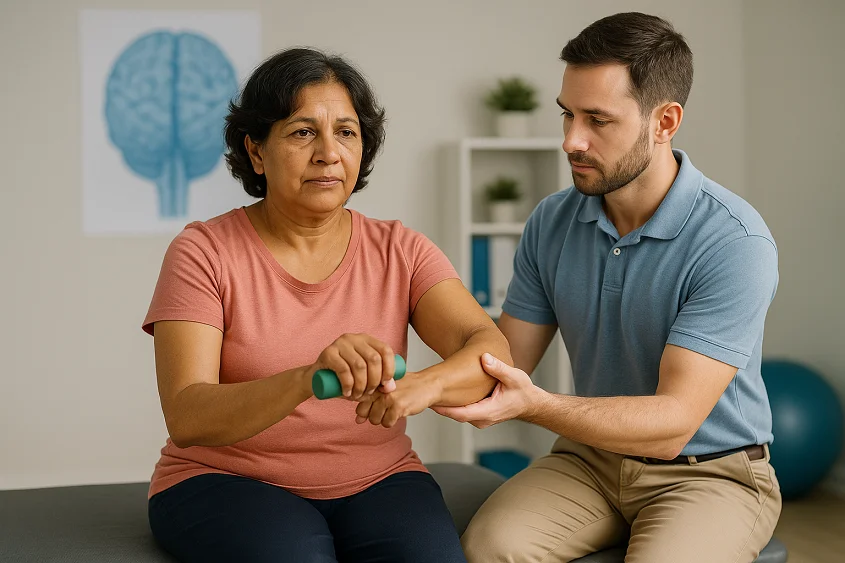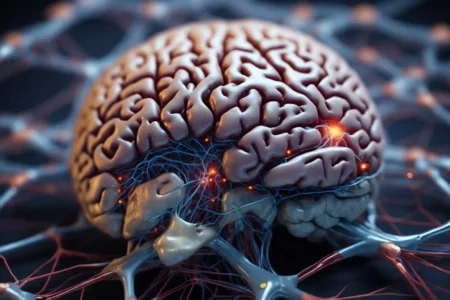Life can change in an instant. Strokes, accidents, or neurological conditions happen. They can make the most basic activities, such as walking down the room or having a simple conversation, dauntingly difficult. It is at such times that you may want to consider neurorehabilitation.
Will I be normal again? You may wonder. The truth is, neurological rehabilitation can help you reestablish your self-reliance. Continue reading to discover more!
The reality of neurorehabilitation
This is a specialized form of treatment that helps individuals who are living with a trauma or a disease that involves damage to the spinal cord, brain, or nerves. Rather than dwelling on the disease itself, the therapy helps you live your fullest life with the disease. This may be in the form of:
- Enhancing mobility
- Re-learning day-to-day habits
- Enhancing communication or even
- Dealing with emotions.
Imagine it as not a therapy but as a process, a process that is unique to you.
It takes a collaborative effort
You will soon realize that neuro rehab is never an individual undertaking. There is usually a staff of specialists who work as a team, and you are in the middle of them. You may have the following:
- Physiotherapists to make you strong and stable
- Occupational therapists to assist in your day-to-day activities
- Speech therapists, in case your communication is impaired
- Psychologists to ensure your emotional well-being.
In other cases, the doctors, nurses, and social workers also feature. Each person is coming with their experiences. But the overall objective will always be your development.
It’s beyond the physical aspect
When many people hear about neurorehabilitation, they automatically think about physical activities. Although that is some of it, the treatment is far more profound. Other than the physical aspect, it could assist you to:
- Cope with fatigue
- Overcome memory impairment
- Learn how to remain socially connected.
Emotional support is also essential to many people. You may wonder why? Adjusting to life post-tailored neurological can arouse feelings like:
- Grief
- Anxiety
- Uncertainty
Space to discuss these feelings is as vital as restoring physical strength.
Everyone recovers differently
Among the most crucial things to comprehend is that recovery is a very personal thing. The improvements will either be instant or gradual. Certain skills can be restored. But some skills can require new workarounds or strategies. That can be frustrating, but it is also empowering. Each tiny progress is an accomplishment. It could be:
- Picking up a spoon
- Speaking a word with better articulation
- Walking around the room.
Every progress deserves celebration.
Family and caregivers are involved too
Neuro rehabilitation is not only about you but also about your loved ones. Family members usually get to know how to assist your recovery, whether by:
- Assisting you with exercises
- Motivating you to be independent
- Just being patient as you adapt to new challenges.
Within most programs, caregivers are involved in training sessions to ensure that they feel more confident in their role.
Time and persistence are the most important
Last but not least, neuro rehab does not often provide immediate outcomes. You will have to be persistent and patient. You have to be willing to continue to appear even on a difficult day.
Some of the days will be more difficult than others. However, consistency is indeed worth it. With time, you will probably see changes that were unreachable at the beginning.







